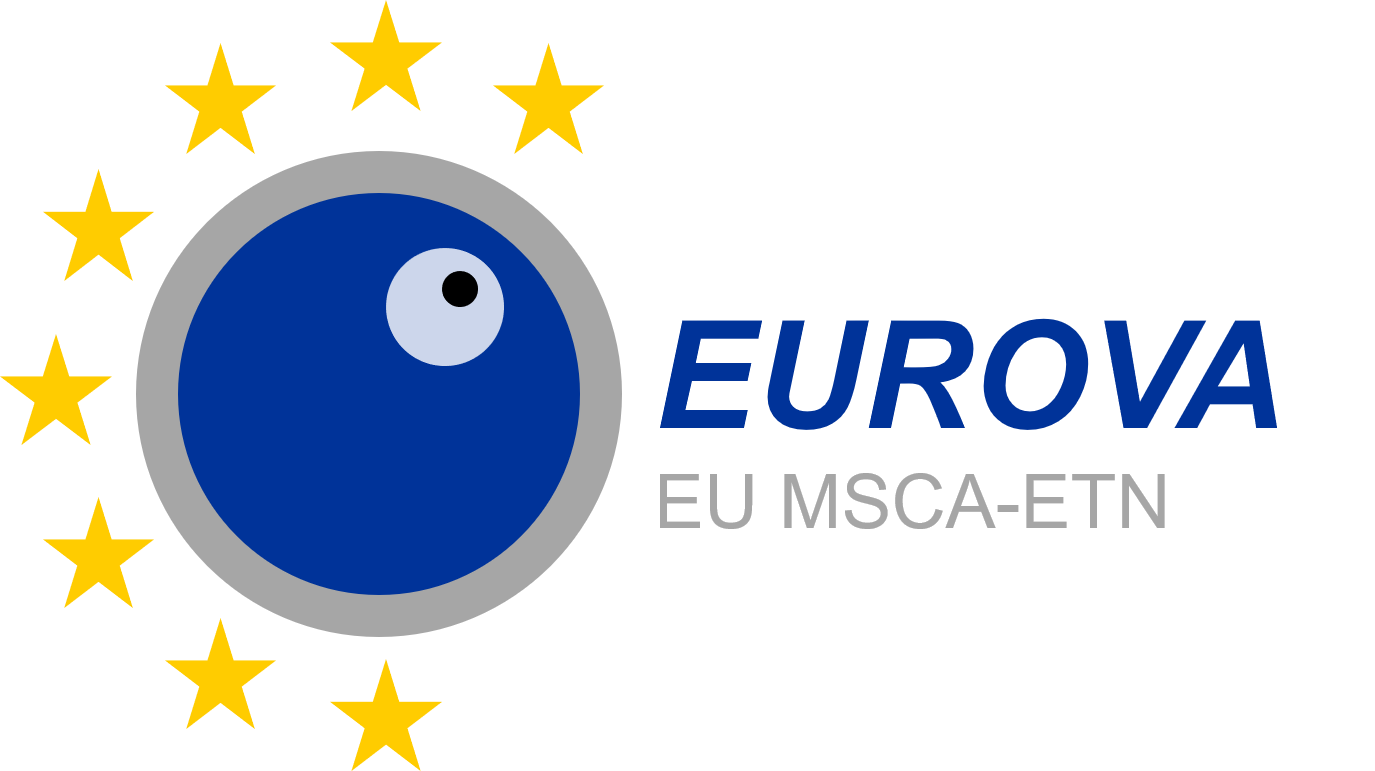Ms. Pritha Dey
ESR 3
Planned secondments: Babraham Institute (3 months) & Elvesys (3 months)
Email: Pritha.Dey@unimi.it
I am Pritha from India. For my Bachelor’s degree, I majored in Biotechnology, Genetics and Biochemistry (Dayananda Sagar Institutions, India) and later shifted focus to Bioinformatics and Applied Biotechnology for my Master’s degree (Institute of Bioinformatics and Applied Biotechnology, India).
My practical experience covers both experimental and computational areas of biology. As a part of the CISAR group (Centre for Innovative Science & Advanced Research, India) I worked on extracting cryptic peptides from marine waste and studying their properties. To develop my Master’s thesis, I worked on the design and development of CRISPR-Cas9 co-expression vectors for mammalian gene editing. During this time, I developed an interest in the molecular biology of female infertility and the genetics at play in human reproduction. To hone my computational skills, I worked as a Research Assistant at Chandra Lab (Indian Institute of Science, India) building theoretical models of pathogenic bacteria and analysing their metabolic functions via Flux Balance Analysis. The EUROVA program offers a very wholesome, interdisciplinary study of oocyte biology and through it, I hope to deploy my skills in the development of techniques targeted to female fertility preservation.
My project focuses on developing physiological culture systems to access untapped ovarian reserves to improve reproductive efficiency. Current assisted reproductive technology (ART) protocols use late-stage ovarian follicles for fertility procedures (e.g., IVF). However, for women with low ovarian reserve stemming from a range of reasons, like aggressive treatments (e.g., chemotherapy or radiation therapy for cancer) to unfortunate genetics, earlier stage follicles need to be targeted. My research goal centers on creating a physiological environment to successfully differentiate isolated primordial follicles to attain full meiotic and embryonic developmental competence.
By combining both in silico and ex vivo studies, we aim to find biomarkers and develop the ovarian microenvironment using microfluidics organ-on-chip technology. Ultimately, we intend to upgrade existing ART protocols and open up diverse treatment options to a broader spectrum of women with low fertility issues, thereby helping them conceive.

